What is Altered?
Altered is a new TCG created by the French studio Equinox. It will introduce a new, groundbreaking approach for the TCG world: unlike many others, this game has left traditional combat behind and is a "phygital" (physical and digital) game.
But, what is this digital and physical experience? The simplest conclusion would be a mobile or PC version. However, Altered is an exclusively physical game. So, how does all of that work?
Phygital
The part of the experience that goes beyond the physical game is simple. Each Altered card comes with a QR code that, when scanned with the official app, allows you to claim its digital ownership. Like so, you can request more copies of this card (in your language of choice) directly through the app, and request proxies as well.
Furthermore, you can also sell this digital copy to any person across the world, and let them request physical copies. And there's more: every booster comes with small tokens which, when scanned, upgrade the artwork of one of your cards, and can even turn them into foils.
The Game
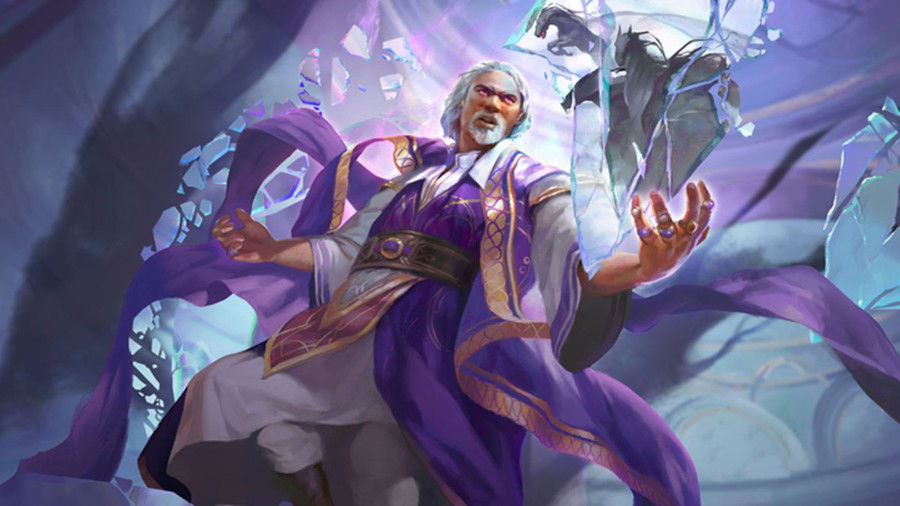
We've mentioned how different Altered is as a card game. Now, let's explore its playability, which includes innovative win conditions and a modern mana system. Altered is best played with two players, who play against each other. Each player picks a hero and a companion, and, instead of defeating their opponent, their goal is to explore the land where they are.
The first to explore everything and make their hero and companion meet wins the game. Does it sound confusing? No problem, let's see more!
Pre-Game Setup
Before you begin, you need to pick a faction to build your deck around, which, in turn, needs forty cards and a hero. There are six factions to choose from, and each comes with unique traits. Here are a few heroes and their factions:
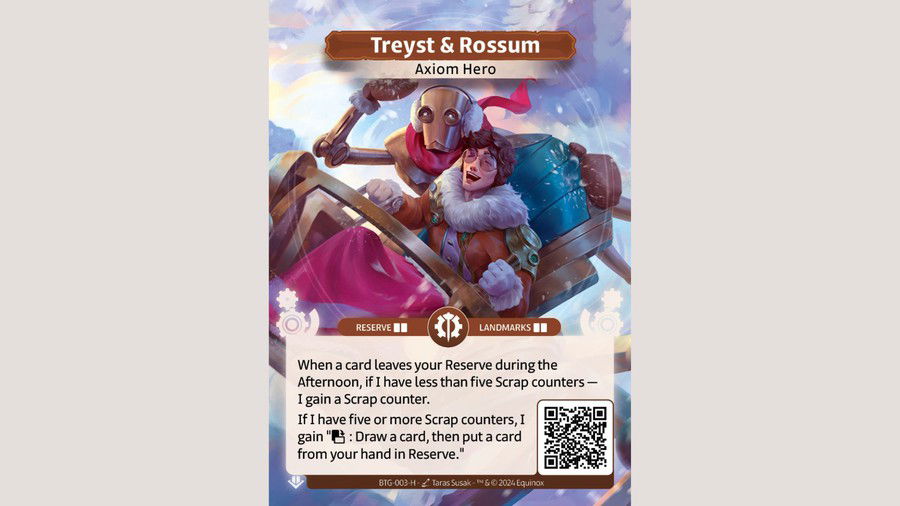
Axiom: Mechanics and engineers, the Axiom are convinced that technology and science should help spread the power of Alteration to all.
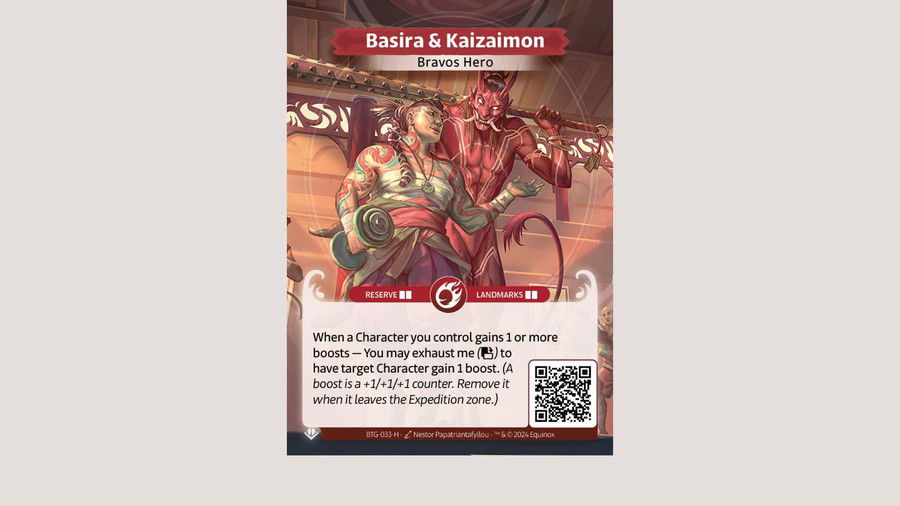
Bravos: As glorious adventurers, the Bravos push us forward, as one should always overcome their own limits in order to endure and vanquish.
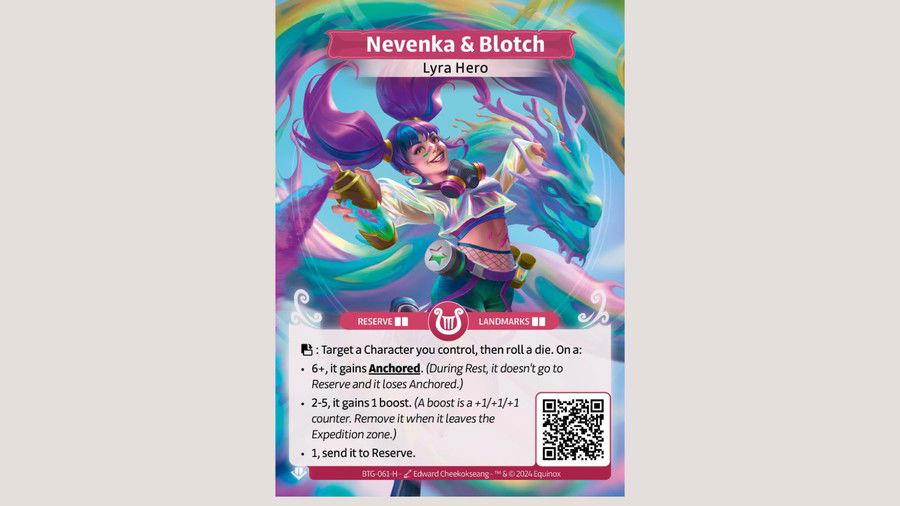
Lyra: Nomadic artists, the Lyra constantly adapt to an ever-changing world, putting freedom and emotion at the center of their existence.
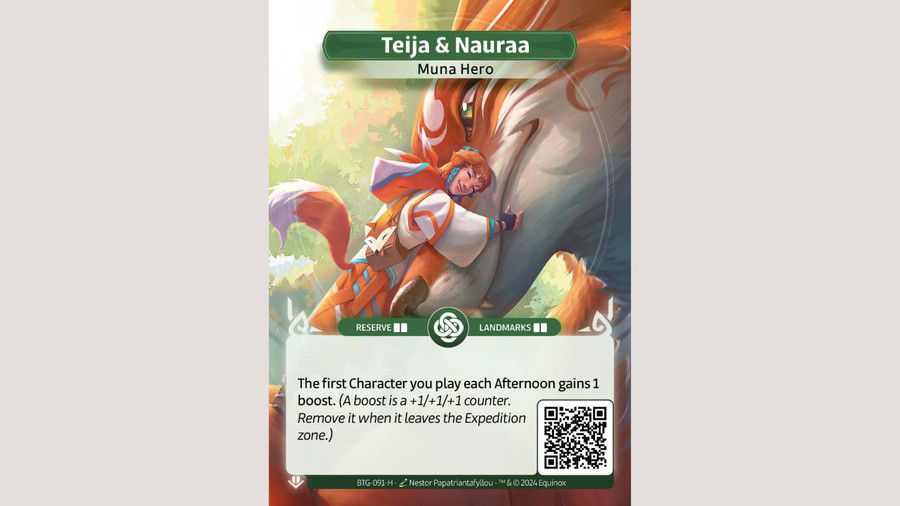
Muna: Sentinels of balance and harmony, the Muna work as peacemakers and diplomats, in order to allow all sentient beings to thrive peacefully in their ecosystems.
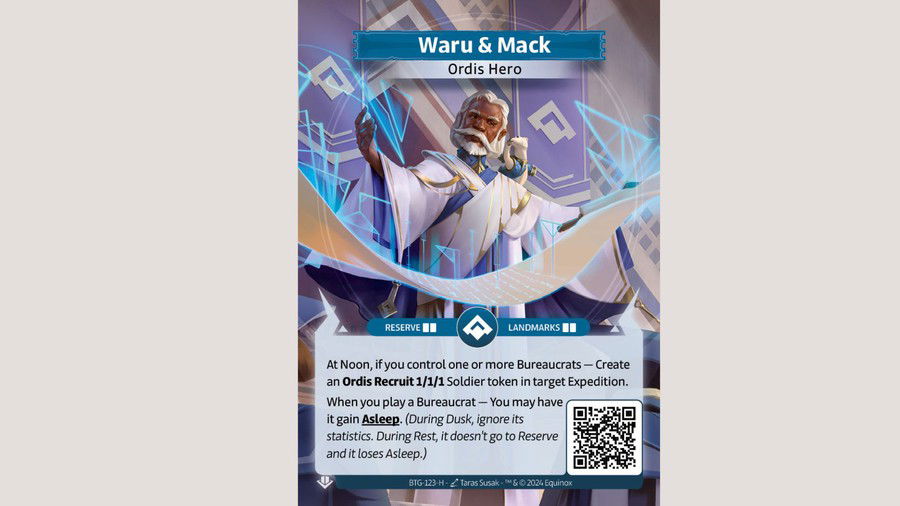
Ordis: Embodiment of the state, the Ordis dedicate their life to us all. Bureaucrats, soldiers, judges, they stand tall as paragons of order and justice.
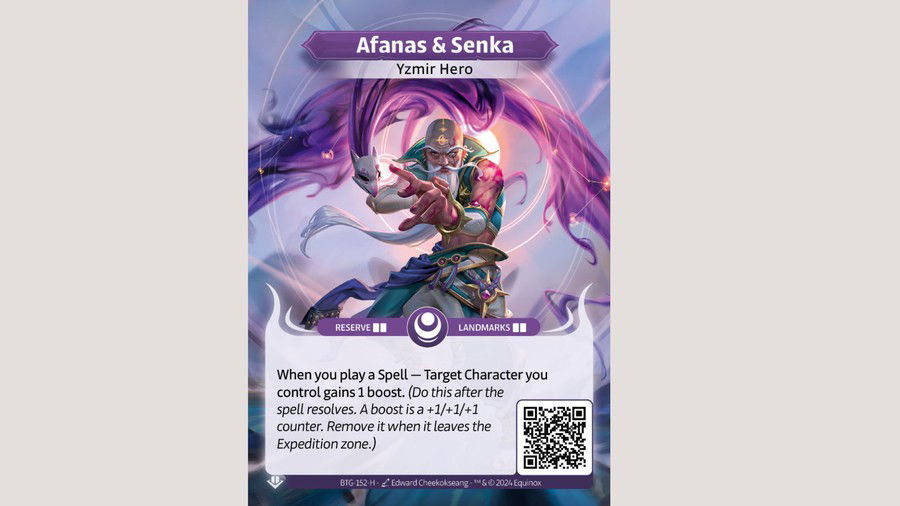
Yzmir: The Yzmir Mystics delve deep in the magical mysteries of the world. They shield humankind from perils it knows nothing about, hoping to prevent another cataclysm.
How to Play
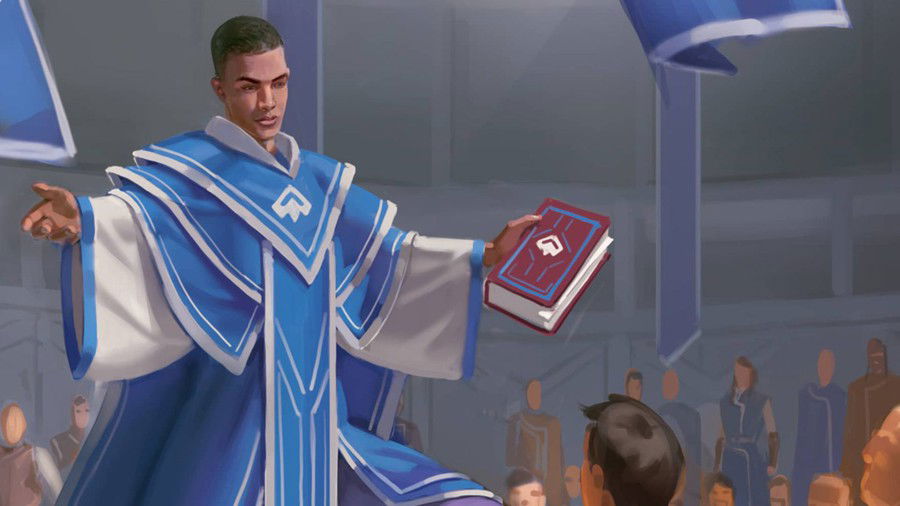
Just like Magic: The Gathering, Altered uses a mana system. At the beginning of the game, you draw six cards (there is no mulligan) and pick three to become your mana orbs. You'll use them as a resource to play your cards.
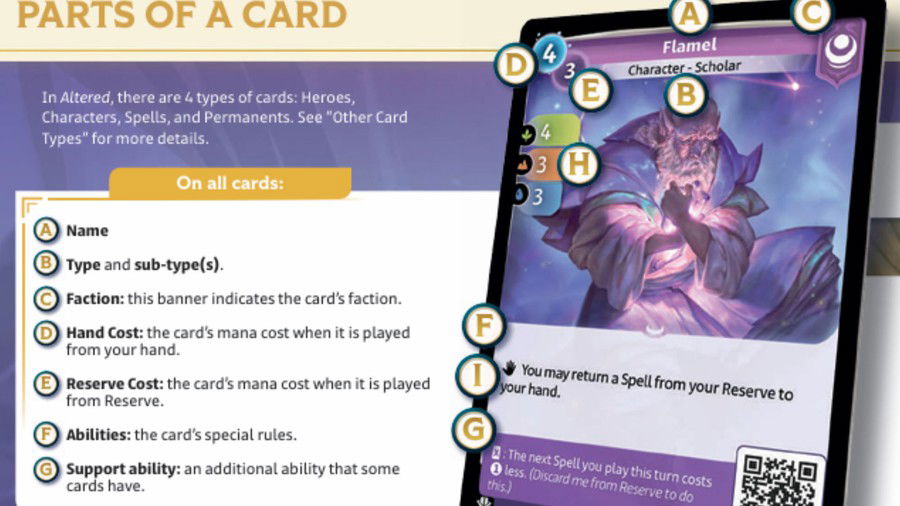
To progress in their expedition, players play a card, which can come in three types: characters, spells, and permanents. To make it simple, let's consider only characters, which is what the rule book did as well. When you play a character, both players compare their stats (indicated by the "H" in their cards). The characters with the higher stats move forward in their expeditions.
The Phases
After this explanation, you must be asking yourself how and when you should play your cards. Well, here's your answer: the game progresses based on "phases of the day", which, in other games, are regular turns. Each day is divided into five phases:
Morning: In the morning, you'll recover the mana you spent, draw two cards, and may put a card in your hand on the board as mana. On the first turn of the game, you should skip this phase.
Noon: Character abilities that activate at noon trigger in this phase.
Afternoon: In this phase, you can play as many "quick actions" as you want. When a player plays a card, they'll pass their turn to the other player and let them do the same. This continues until both of you decide to pass your turns one after another, and then this phase ends.
Quick actions vary from card to card and are described thoroughly in them.
*To play a card, you must tap your mana orbs to indicate you just used them, and pay their hand or reserve cost.
Dusk: In this phase, players compare their stats and advance their heroes and companions. You'll compare your water, plant, or mountain symbols on the board with your opponent's. To advance, you only need to have a higher number in one category, so both players will advance at the same time often.
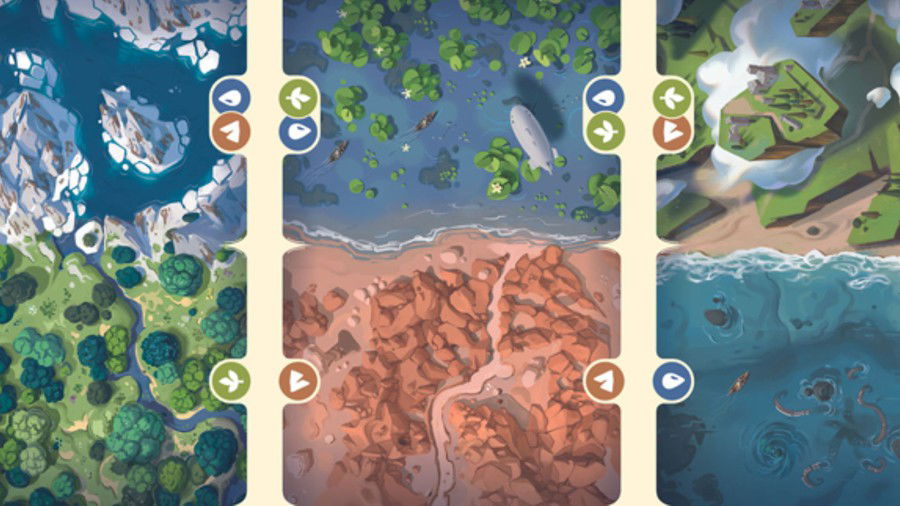
*Note that not all areas have all these three symbols. If the area you're in only has a water symbol, you'll only compare your water stats with your opponent's. If your opponent is in an area with plant and mountain symbols, they'll compare their plant and mountain stats with yours, and each of you will advance individually.
Night: At night, you must rest your characters and move them to your reserve (you can only send two cards to your reserve; if you have more, discard them until you only have two). Next turn, you can play cards from your reserve as if they're in your hand, and pay for their reserve cost instead of their hand cost.
*You'll have to discard the cards in your reserve at the end of the next day if you use them.
After this phase, the next day starts, and the player who was behind now plays first. This gameplay cycle carries on until a player manages to make their hero and companion meet - that's how you win a match of Altered.
Final Words
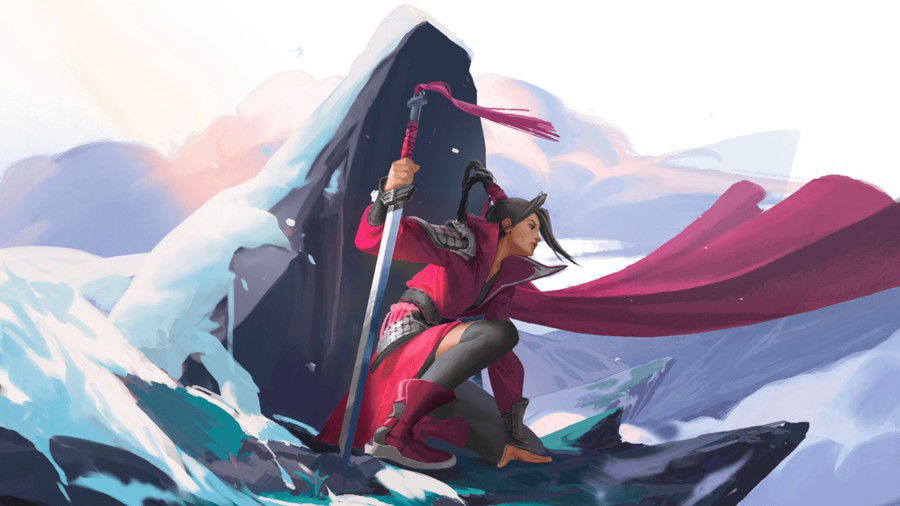
This is only an introduction to help you understand the basic principles of Altered. This game has a lot of nuance, from which cards you'll play to the expedition cards on the board.
Furthermore, Altered focuses a lot on world building and the lore behind factions, which we didn't discuss much.
So, are you curious enough to try it out? Tell us in our comment section below!
Thank you for reading, and see you next time!









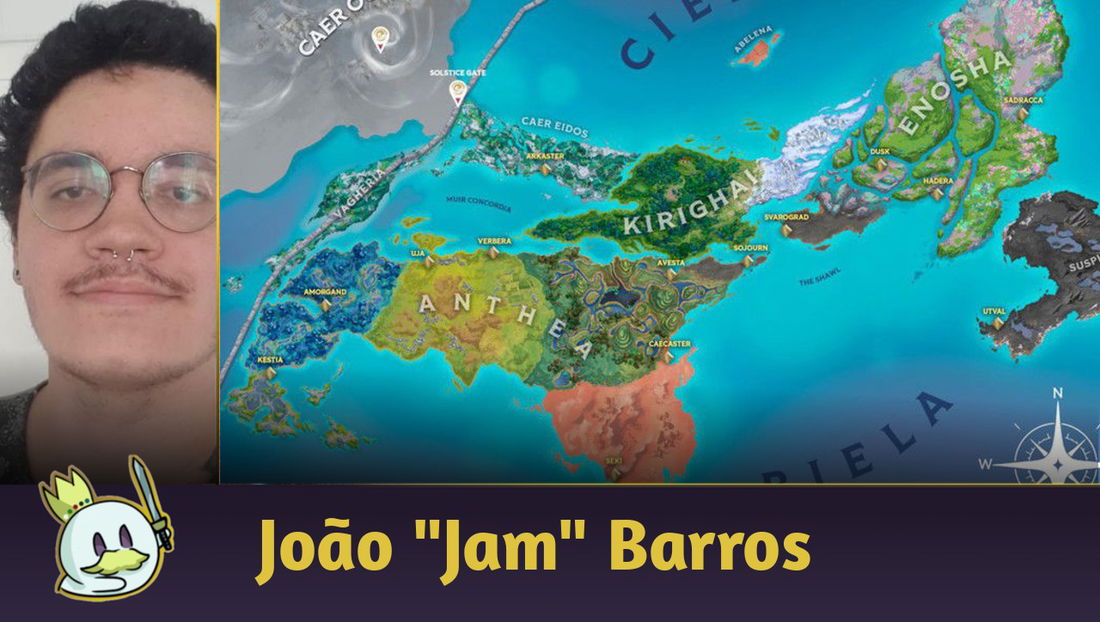
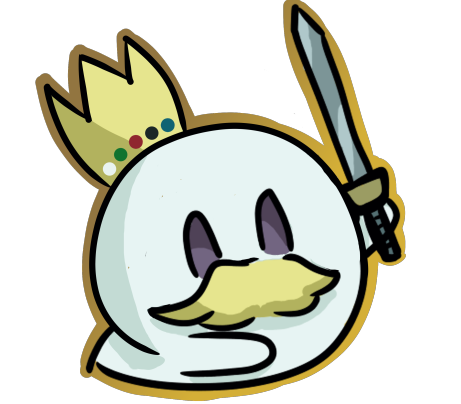


— コメント 0
, 反応 1
最初にコメントする